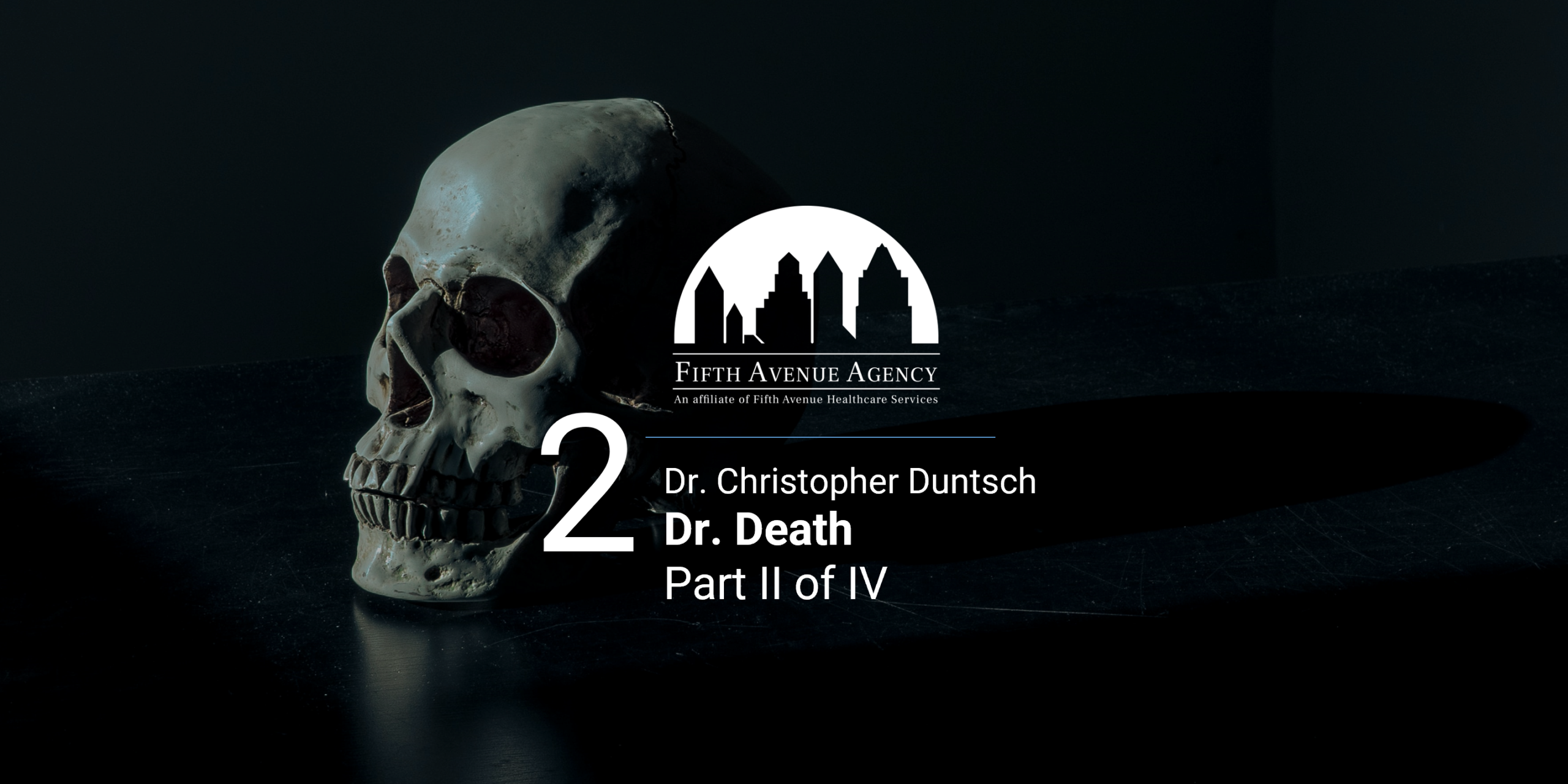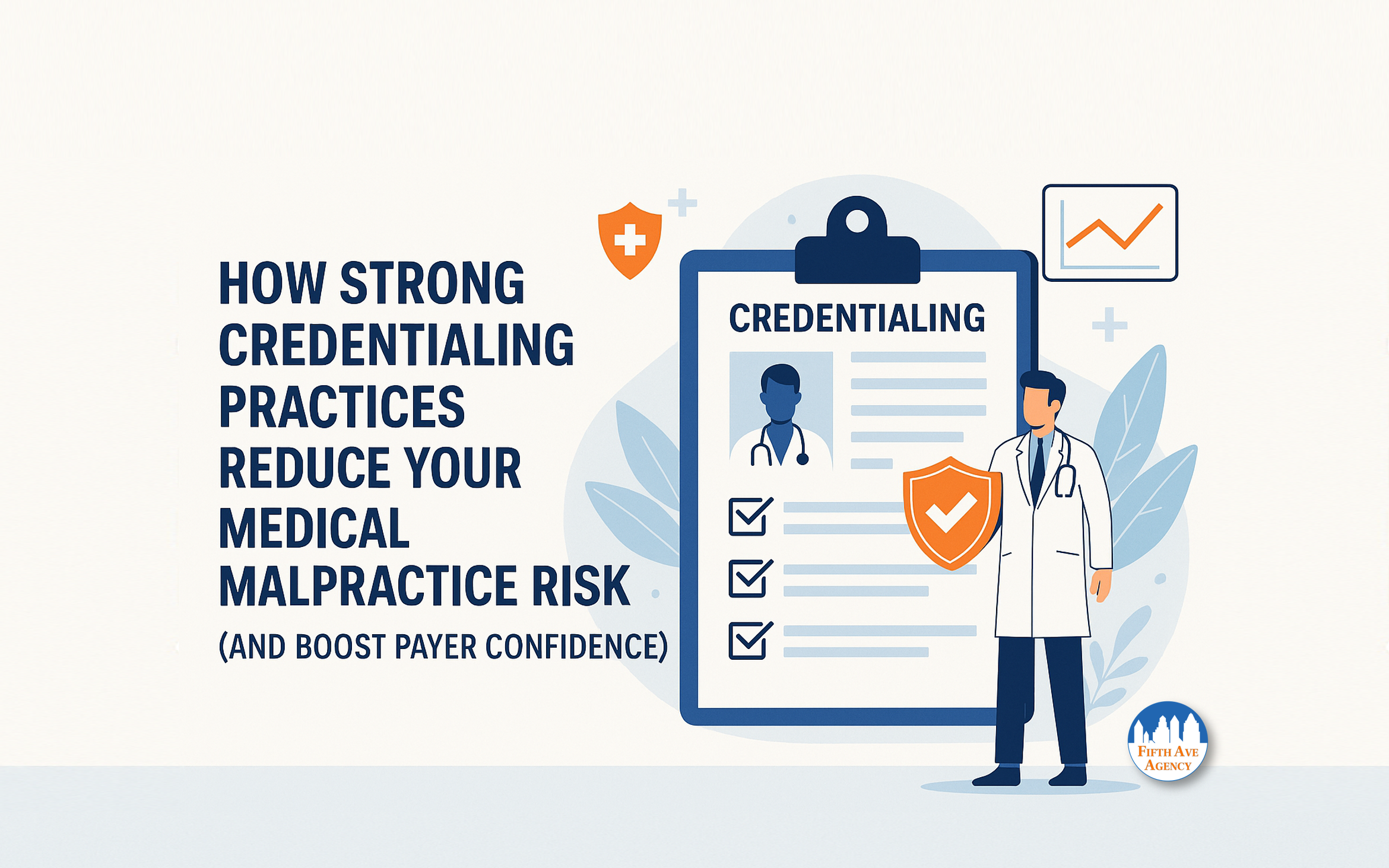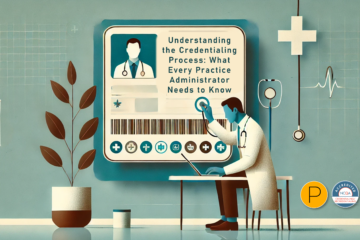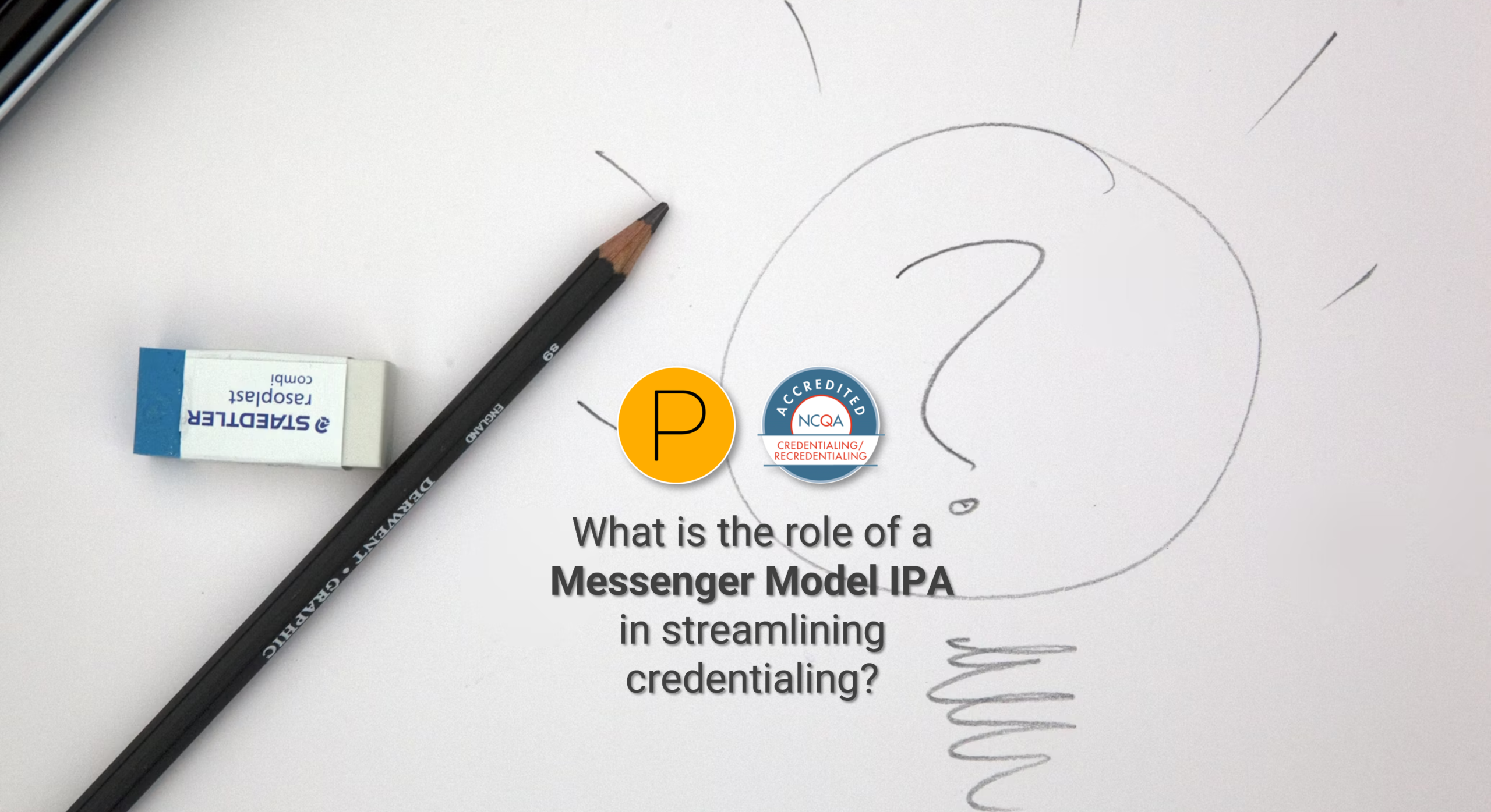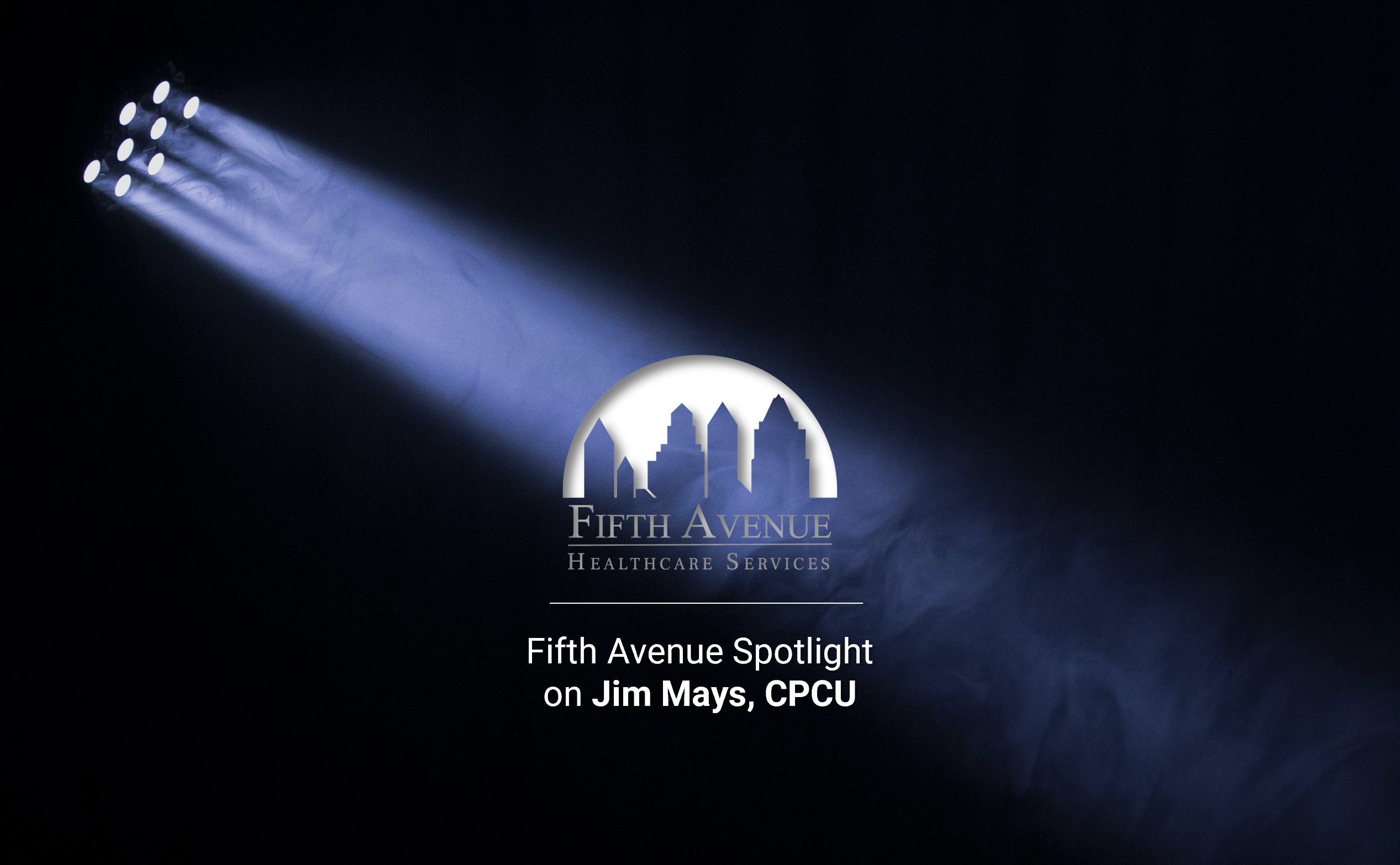Dr. Christopher Duntsch, aka Dr. Death, became the first doctor in the United States to be convicted on criminal charges while practicing medicine. Ultimately, Dr. Duntsch was accused of injuring 33 out of 38 patients in less than two years. How did this happen?
Do no harm.
This is the basic principle of the Hippocratic Oath, a code of ethics undertaken by physicians who pledge to practice medicine by a set of standards. The oath has seen many changes through the centuries, but the core idea persists.
A sick patient expects a certain quality of treatment when seeking health care. A physician is obligated to provide care that meets common standards of practice. But in the case of Dr. Christopher Duntsch, this was not the case.
Dr. Christopher Duntsch has been the subject of numerous television shows and podcasts.

His medical career has made him famous — though not for his medical contributions. In fact, his nickname reveals the opposite.
Dr. Christopher Duntsch, aka Dr. Death.
The nickname Dr. Death is dripping with menace and instills a sense of dread. What did Dr. Duntsch do to warrant such a reputation? How did our system of checks and balances fail? But even more importantly — how did the system fail?
Dr. Christopher Duntsch’s Education
Dr. Christopher Duntsch completed neurosurgery residency programs at the University of Tennessee Health Science Center’s Department of Neurosurgery in 2010. From there, he successfully completed a spine fellowship program at the Semmes-Murphey Neurologic & Spine Institute in Memphis.
Allegations were made in his fourth year of residency that Dr. Duntsch had operated while under the influence of cocaine. He was ordered to complete an impaired physician’s program before being allowed to return to work.
When he returned to find full-time employment, his resume falsely claimed he had 15 years of medical training. It also alleged that Dr. Duntsch graduated with a microbiology doctorate from St. Jude Children’s Research Hospital. That sounds great — except the hospital didn’t offer that program when Dr. Duntsch said he attended.
Despite these questionable circumstances, Dr. Christopher Duntsch successfully managed to find employment with a succession of medical centers.
Dr. Duntsch’s Work History
Baylor Regional Medical Center in Plano, Texas (now Baylor Scott & White Medical Center in Plano and commonly referred to as Baylor Plano) hired Dr. Duntsch in 2011 as a minimally invasive spine surgeon. The approximate salary for Dr. Duntsch, who was starting out, was $600,000 a year plus bonuses; it didn’t take long for the other surgeons to discover that Dr. Duntsch’s resume was too good to be true. There began a succession of botched surgeries.
The good doctor operated on the wrong side of one patient. He removed ligaments that shouldn’t have been touched, severed a major artery during a minor back operation, and one patient bled to death. Another patient died of complications brought on by Dr. Duntsch’s botched surgery. Several other patients suffered full or partial paralysis.
Dr. Duntsch continued to receive privileges at multiple hospitals and one out-patient free-standing surgery center despite the following:
- a history of unheard-of complications such as massive blood loss, malpositioned hardware, vertebral artery injuries, screws through nerves, etc.,
- drug paraphernalia found in his medical office,
- cocaine found in his medical office,
- physicians and lawyers calling hospitals and begging they strip his privileges, and
- multiple medical board complaints by patients and physicians.
Source: Kay Van Wey, A Patient’s Journey, Lambs to the Slaughter, NAMSS presentation
Baylor Plano administration eventually told Dr. Duntsch that he would never operate at their facility again. Before they could terminate him, Dr. Duntsch resigned. If Baylor Plano had fired him, they would have been required to report Dr. Duntsch to the National Practitioner Data Bank (NPDB). The NPDB contains information that prevents healthcare providers from moving state to state without disclosing past professional transgressions that may or may not have resulted in medical malpractice claims.
Being listed in the NPDB database might have saved more lives. You’ll soon see the prevailing theory on why Dr. Death was allowed to continue practicing medicine.
After resigning from Baylor Plano, Dr. Duntsch joined the Dallas Medical Center in Farmers Branch with temporary privileges until his records could be obtained from Baylor Plano. He lasted one week before one patient died under his care and another was severely maimed.
He wasn’t reported to the NPDB because he had only temporary privileges. At the time, that circumstance meant hospitals were not required to report instances of negligence.
It took two more hospital transfers before he was finally reported to the NPDB. By then, his trail of injured and dead patients had grown much longer. Dr. Duntsch drilled into one patient’s spinal cord, leaving the man to suffer severe paralysis until he died in 2021. Dr. Duntsch left surgical equipment in another patient’s body. There seemed to be no end in sight.
Dr. Duntsch’s License Revoked
By this time, Dr. Duntsch was performing his final surgery. It resulted in the patient losing a vocal cord (Dr. Duntsch severed during the botched operation), permanent damage to the esophagus, and partial paralysis. Before Dr. Duntsch could hurt anyone else, the Texas state medical board finally brought their 10-month investigation to a head against the surgeon with a poor track record.
Dr. Duntsch’s medical license was revoked on December 6, 2013.
Dr. Duntsch’s Arrest and Conviction
Due to the tireless diligence of the Dallas County district attorney’s office, Dr. Christopher Duntsch was eventually charged and convicted on one count of injury to an elderly person — which in Texas elicits a harsh sentence.
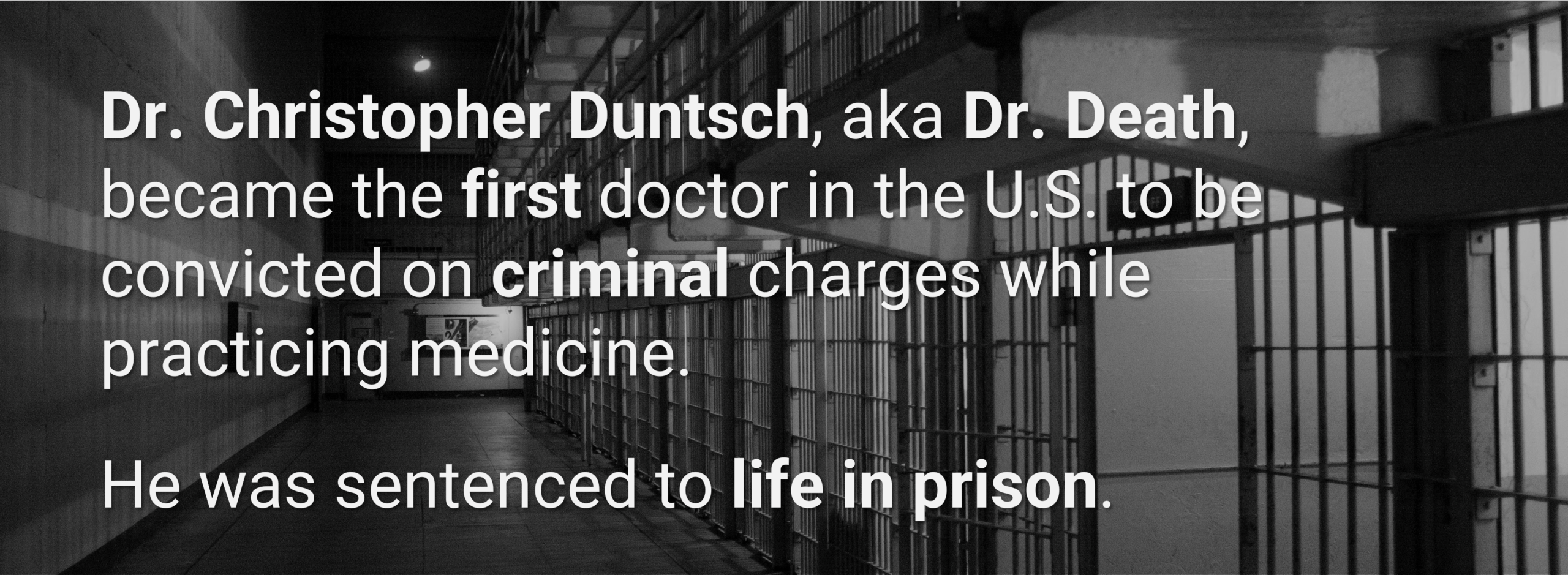
Dr. Christopher Duntsch, also known as Dr. Death, was sentenced to life in prison.
He became the first doctor in the United States to be convicted on criminal charges while practicing medicine. He’ll be eligible for parole in 2045 when he is 74.
In the end, Dr. Duntsch was accused of injuring 33 out of 38 patients in less than two years.
“Anyone close to me thinks that I likely am something between god, Einstein, and the Antichrist. Because how can I do anything I want and cross every discipline boundary like it’s a playground and never lose? But unfortunately, despite the fact that I am winning, it is not happening fast enough.
What is the problem, Kim? It is simply that everyone else is human and there is nothing I can do about it. And so, I pick and choose my humans and try to help them and show them.”
Dr. Christopher Duntsch, aka Dr. Death
Source: Kay Van Wey, A Patient’s Journey, Lambs to the Slaughter, NAMSS presentation
Dr. Death was accused of injuring 33 out of 38 patients in less than two years. How did this happen?
We’ll probably never know why Dr. Duntsch did what he did. Was he incompetent, or did he act with malicious intent? However, we have a better idea how he was allowed to commit gross negligence. Sure, Dr. Duntsch not being reported to the NPDB worked in his favor, but he had something stronger on his side.
According to one attorney associated with the case, it’s a tradition for some hospitals to allow their troubled physicians to resign before they can be terminated. A fired doctor can potentially sue the hospital for wrongful termination. Letting them leave of their own accord means the matter is automatically swept under the rug.
And the doctor’s next place of employment will be none the wiser.
It’s uncertain if Dr. Christopher Duntsch’s trail of transgressions would have been stopped had he been reported to the NPDB and properly credentialed. Still, medical credentialing has been proven to reduce an organization’s financial risk of malpractice.
A neurosurgeon can bring in millions of dollars in revenue – on average, $2.4 million. The power of money and the lure of profits can be strong allies pushing back against safeguards and processes put in place to protect both patient and provider and using the right safeguards can increase the chances that the system catches a bad actor before they can wreak the same havoc as Dr. Death.
Read more in Dr. Death, Part II out of IV, which discusses ‘The End of Dr. Death’ and ‘What medical organizations can do to stop a future Dr. Death.’
More information about Fifth Avenue Healthcare Services
Fifth Avenue Healthcare Services is an NCQA Credentialing Accredited family of healthcare companies. Sister companies include 5ACVO (credentialing and primary source verification specialists), Fifth Avenue Agency (MPLI and medical malpractice insurance specialists), and Primoris Credentialing Network (credentialing and provider enrollment specialists with 54+ health plan and network provider enrollment options).
This article was initially published by Fifth Avenue Healthcare Services here. For more information, please visit FifthAvenueHeatlhcareServices.com or Contact Us.



